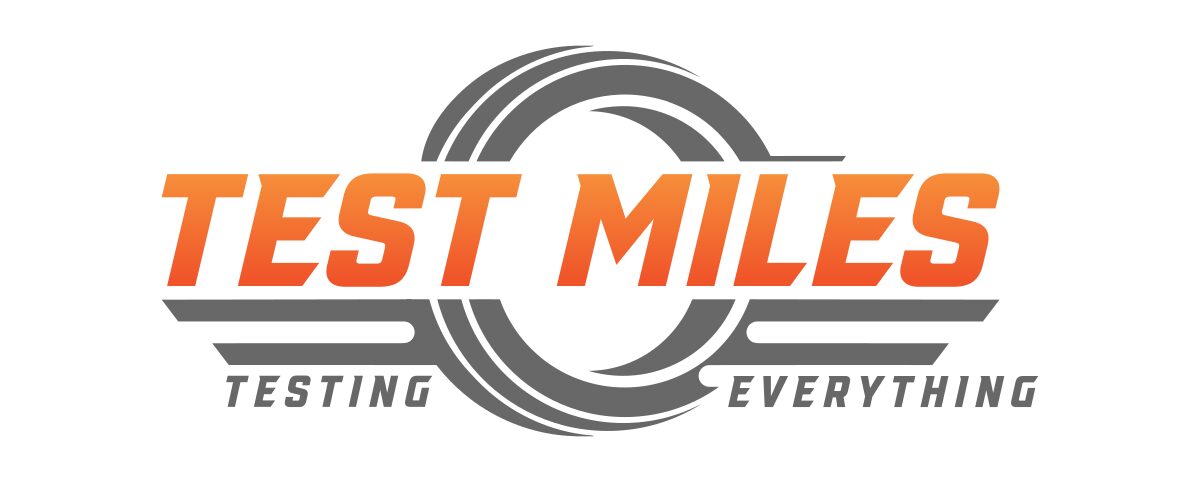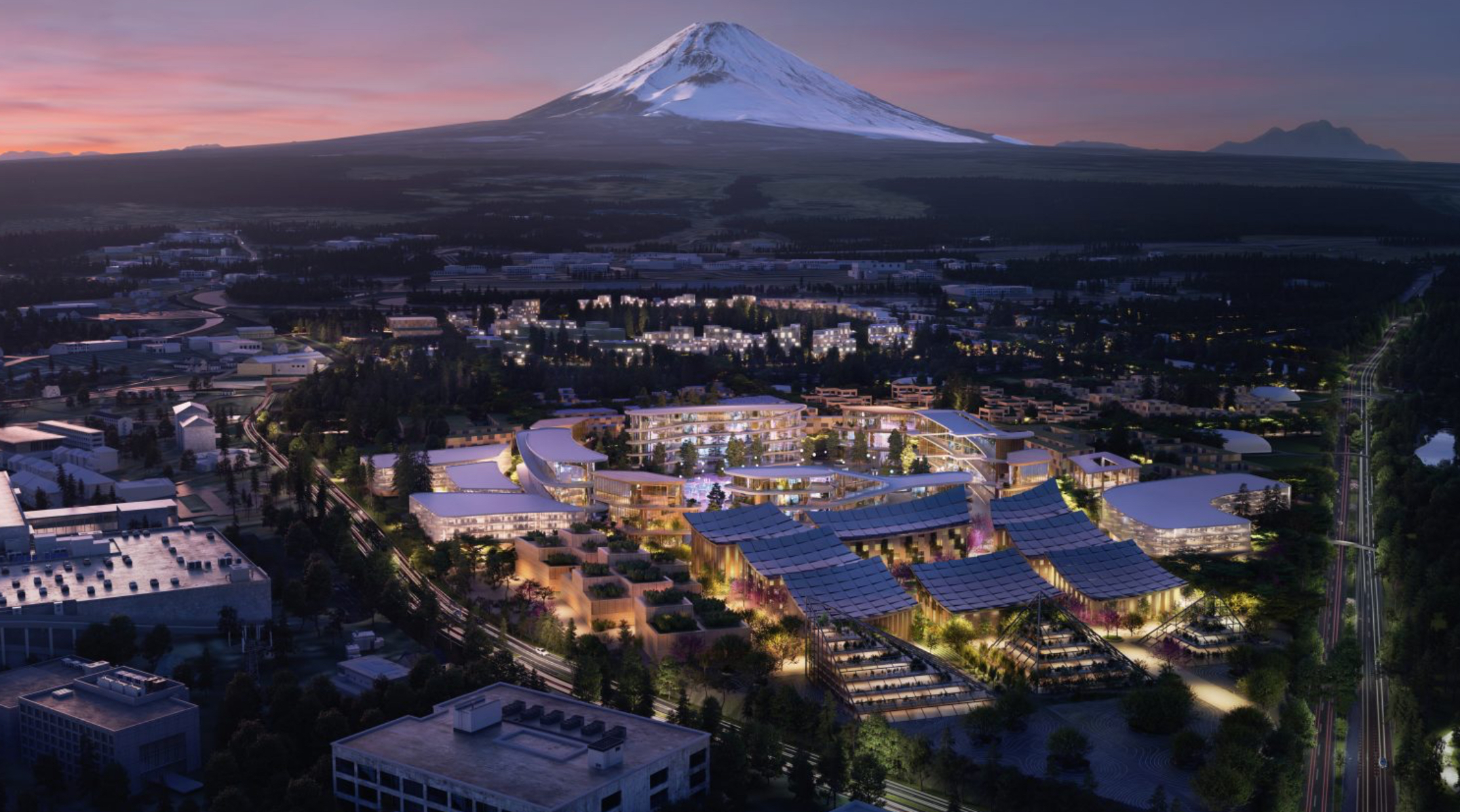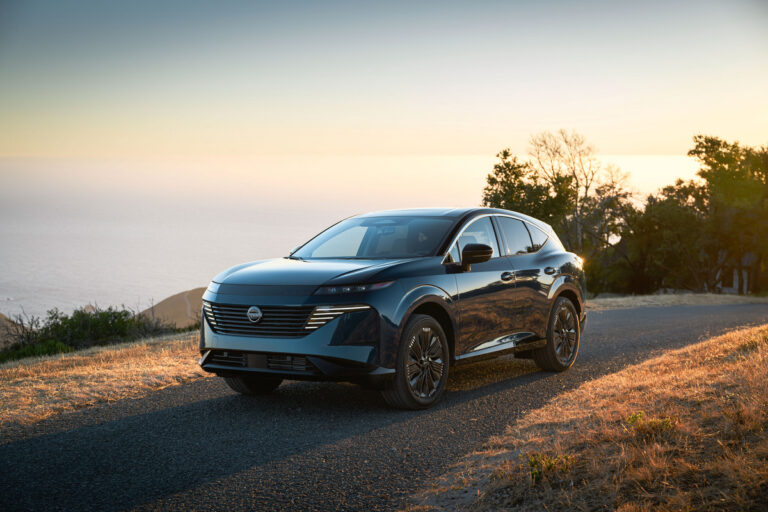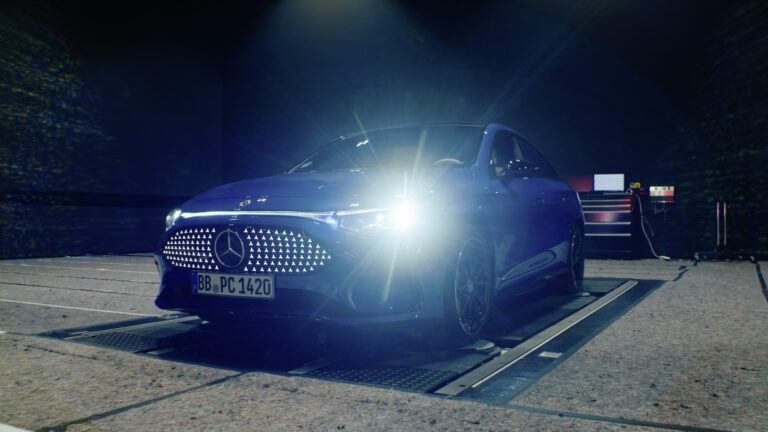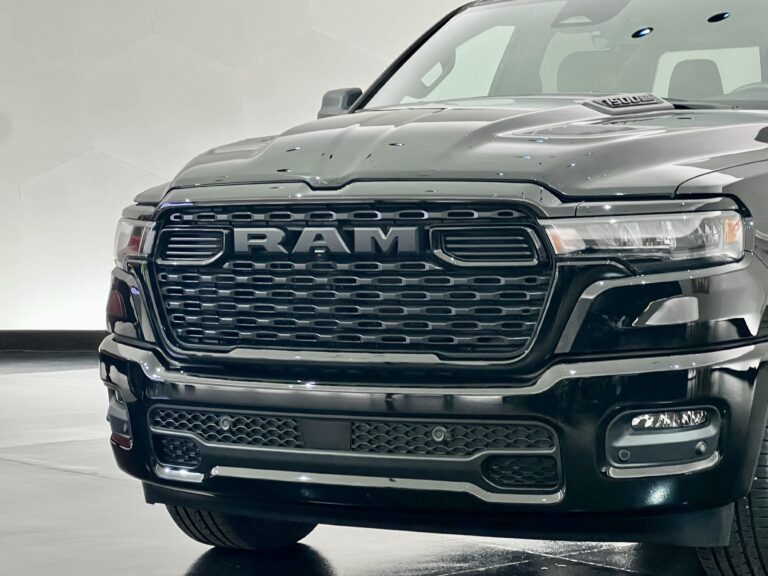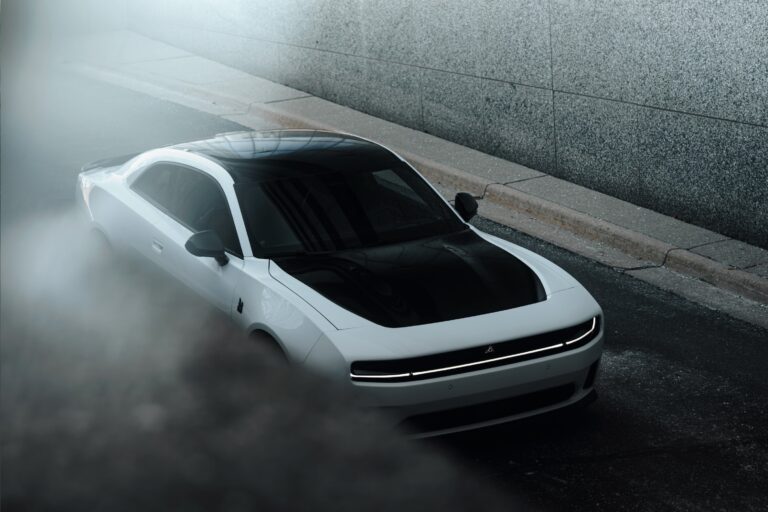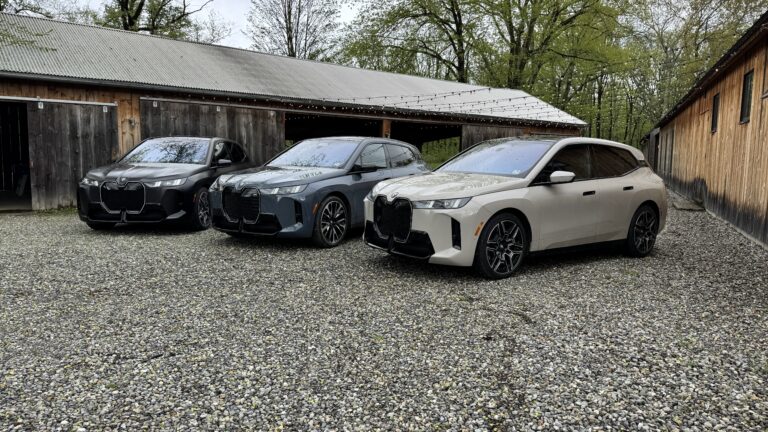Lexus Just Hinted at a Post-Car Future—and It Started in Texas
By Nik Miles – Test Miles
Why does this matter right now?
Because in a week when Lexus could have just talked about electric motors and leather-wrapped steering wheels, they chose instead to whisper about something far bigger. Not a new car, but a new direction—subtle, strategic, and just bold enough to make you wonder what’s really coming.
And they did it in Plano, Texas. Not Tokyo. Not Silicon Valley. Plano.
Yes, that’s unexpected. Which is exactly the point.
What exactly did Lexus say?
On the surface, it was a routine media event. A couple of electrified updates, some nods to heritage, and an enthusiastic crowd sipping branded espresso.
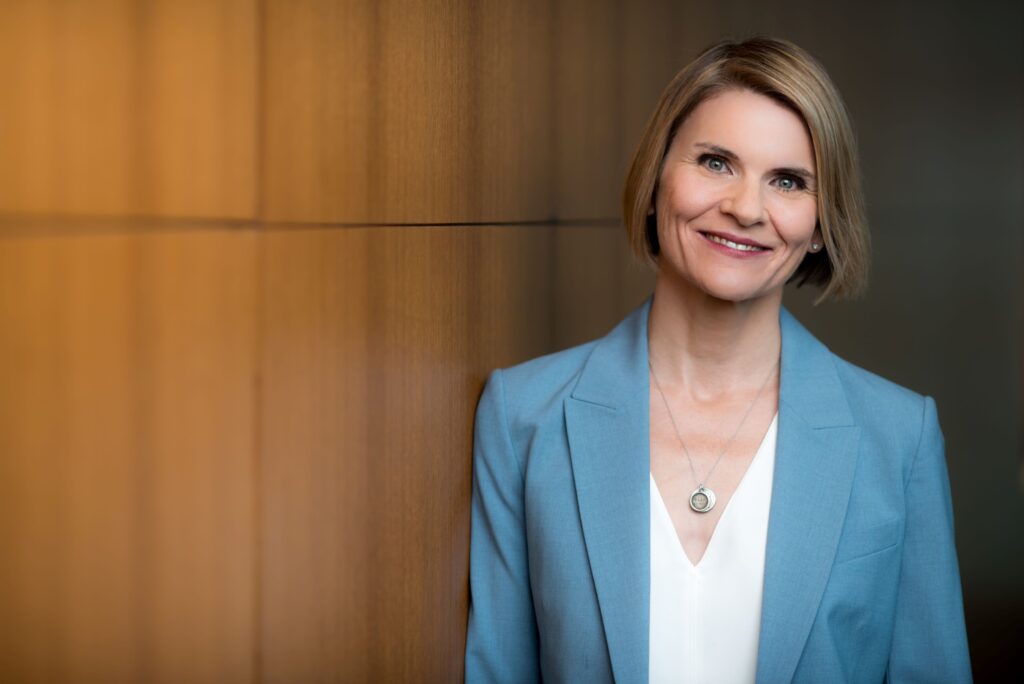
But buried in Cynthia Tenhouse’s keynote—twice, deliberately—was a hint: that something is coming this fall at the Japan Mobility Show. Something larger than a product cycle. Something that, in her words, doesn’t just look back on the first 100 years—but forward to the next.
And that “something” isn’t just about how we drive. It’s about how we live.
Is Lexus still building cars?

Of course. But that’s no longer the whole story.
Toyota, Lexus’ parent company, has always played the long game. They started as a loom company, after all. Reinvention isn’t a disruption—it’s tradition. And now, with an entire prototype smart city rising from the ground in Japan—Woven City—Toyota is no longer just building vehicles. It’s building the infrastructure for a fully integrated future. Transportation, energy, healthcare, data—interconnected, intentional, and human-centered.
Lexus, it seems, is being positioned as the luxury face of that future.
So what does that mean for drivers?
In the short term, more electric options. More design polish. More choice across hybrids, plug-ins, and battery electrics. But look closer and you’ll see the company isn’t chasing the same headlines as its rivals. There’s no shouting about ludicrous speed or NFT key fobs. Lexus is quietly laying the foundation for something else entirely: a brand that transcends the vehicle.

Instead of asking how fast or how far, Lexus seems more interested in asking… what if?
What might this look like by 2030?
That’s the part Lexus won’t say aloud. Not yet. But there are clues.
You might imagine a future where mobility isn’t defined by one object but by a suite of experiences. Where your preferences travel with you—not just across vehicles, but across environments. Where your lifestyle isn’t anchored to a garage but connected through a network of touchpoints that adapt as you move, pause, or reset.
Maybe it starts with a car. Maybe it ends up somewhere entirely different.

And who should care?
Anyone who still sees luxury as more than just stitched leather and horsepower. Anyone who’s curious about where mobility goes when it stops being just about the road. Anyone tired of tech for tech’s sake and wondering what happens when a brand known for quiet consistency starts thinking out loud.
Because what Lexus hinted at in Plano isn’t about catching up—it’s about changing the game.
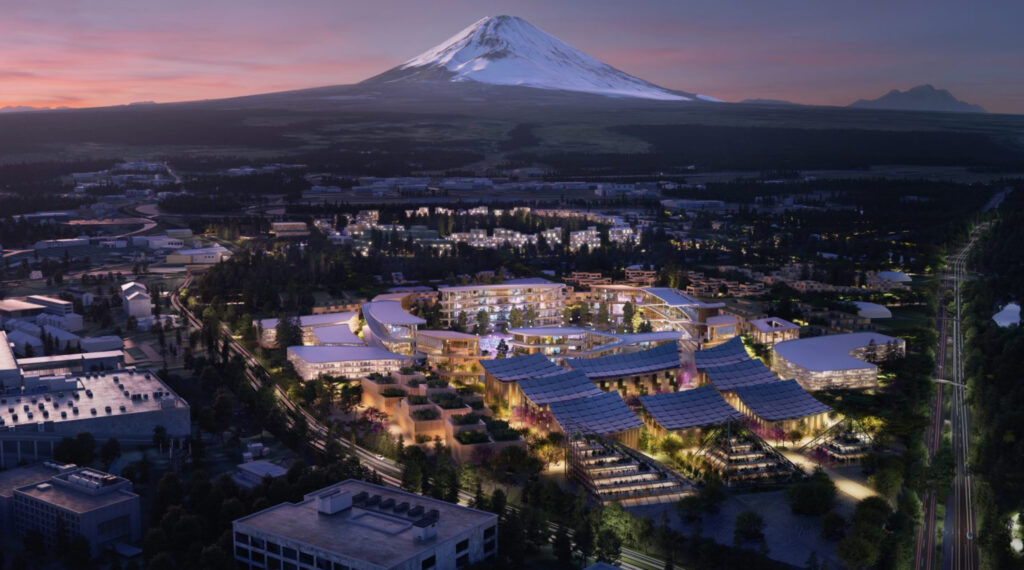
Final thoughts?
If you’re expecting a flying car, a smart home, or a solar yacht—maybe you’re thinking too small. Or maybe you’re thinking just right.
The truth is, Lexus didn’t spell it out. They didn’t have to. The biggest ideas aren’t always served with specs and timelines. They’re served with pauses, breadcrumbs, and the kind of questions that don’t get answered in press kits.
Sometimes, the next big thing isn’t revealed—it’s imagined. And if Lexus is about to show us how we’ll move through the next century, then maybe it’s time we stopped asking what’s next—and started asking what if?
Like what you’ve read? Stay in the driver’s seat with more insider automotive insights. Follow @NikJMiles and @TestMiles for stories that go beyond the press release
